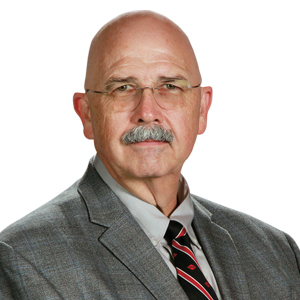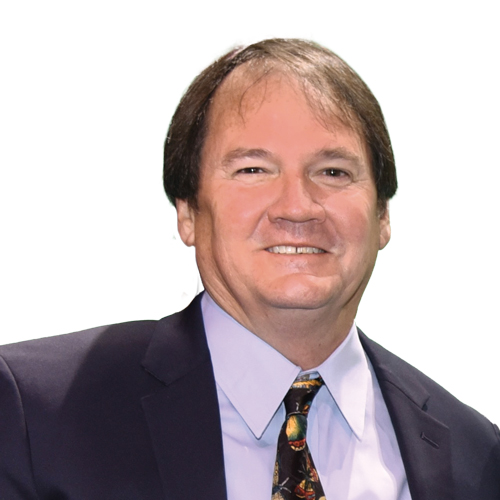Pest Management Professional (PMP) caught up with Frank Meek, BCE, PHE, PCQI, manager of Rollins Inc.’s entomology department in Atlanta, Ga., and Dr. Dan Suiter, the Orkin Professor of Urban Entomology at the University of Georgia (UGA) in Athens, Ga., to talk about how a $500,000 endowment created a partnership between their respective organizations — and for the benefit of pest management professionals (PMPs) worldwide. The endowment is from Rollins’ flagship brand, Orkin Pest Control.

1. How did the partnership between Orkin and UGA start?
Dr. Dan Suiter (DS): The partnership began in April 2023. Orkin created an endowment to help strengthen the entomology program in UGA’s College of Agricultural and Environmental Sciences (CAES). As the Orkin professor of urban entomology here, my primary responsibility, with a 90 percent extension appointment, is to provide continuing education to the structural pest control industry and serve as a technical resource for agriculture and natural resources agents in Georgia. I also keep Frank and other Orkin leaders in the loop on new research and trends we uncover through our work.
2. How has the partnership evolved over the past two years?

Frank Meek (FM): Through the funding, Orkin supports UGA in delivering transformative research related to urban entomology, which is critical to the advancement of pest control treatments and services. For Orkin, it’s hugely beneficial. Dr. Suiter will call us with breaking news on an invasive species, like when the spotted lanternfly was found in Georgia. Thanks to this partnership, we’re able to evolve alongside the natural world by developing updated protocols, assisting in species identification and more.
DS: The partnership is unusual because it is an official extension program, which allows me to provide direct support to graduate students. Most people who go into an agricultural science must obtain a graduate degree, and very often, there’s an expectation for those grad programs to be paid for. Students in UGA’s program receive a stipend to go to school, conduct research, etc. This program keeps us from having to find funding or financial support in the community. We can focus instead on educating the next generation of urban entomologists.
3. What are some specific projects you can speak about publicly?
DS: On our end, we have a grad student focusing on a specific treatment within residential pest control programs and how the treatment changes over time. Our student is working with a chemist to analyze and understand the impact of application technique, location and time. Depending on the findings, it could question the use of a long-standing practice in residential pest control. If so, we will definitely bring the findings to the industry!
FM: As I mentioned, when the spotted lanternfly was discovered in Georgia, that was huge — and Dan was one of the first people to know. This boots-on-the-ground research insight is vital to helping keep cities across America safe and informed about invasive species. You’re probably also seeing a lot of news around the Asian needle ant. Dan’s work with this particular species is a huge benefit for Orkin and the broader community. His knowledge of entomology is unparalleled, and it helps immensely for us to have another Ph.D. we can tap for guidance.
4. How do you hope to see the partnership evolve in the future?
FM: My hope for the future is that Dan can continue to use the endowment to fund graduate research that helps solve problems for the professional pest control industry as a whole.
This way, the program gives back to Orkin and other companies.
DS: Agreed! The larger result in all of this is that the partnership facilitates more research that helps PMPs do their jobs better, which in turn allows homeowners and business owners to protect their livelihoods and their families. The continuation of this partnership means we’re able to develop greater research that helps PMPs every day.
5. Frank, what advice do you have for other PMPs looking to support their local extension programs?
FM: I would love to see more pest control companies investing in urban entomology programs at universities. These programs are suffering because, unlike other entomology programs — like forest entomology, which is supported by the timber industry, or agricultural entomology, which is supported by the farming industry — urban entomology isn’t as well-funded. Companies need to invest in this type of program to ensure professional pest control remains a priority.
Gooch can be reached at hgooch@northcoastmedia.net or 330-321-9754.
Leave A Comment